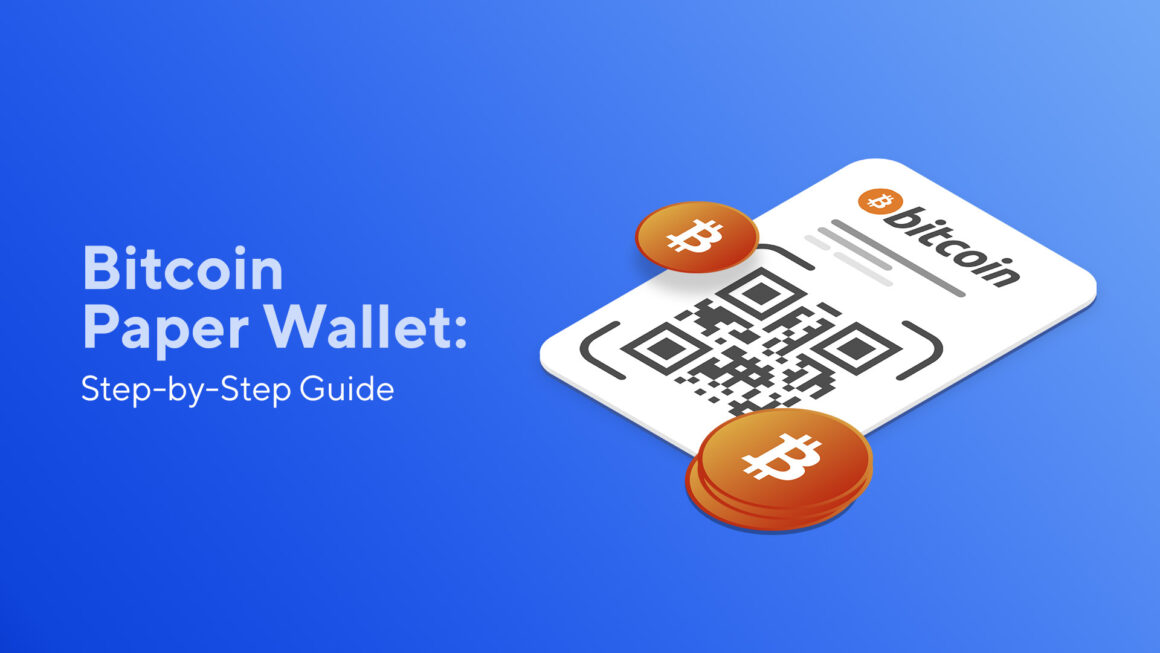If you want to buy Bitcoin, you should think about how to keep it safe as well. Today, there are numerous examples of hacked wallets on the Internet. A little carelessness is often enough, and hackers smell a gravy train. Numerous exchanges have also been hacked, and cryptocurrencies worth several million have been stolen there. That’s why investors should always store their Bitcoin independently, for example with a paper wallet.
The blockchain technology on which Bitcoin is based is one of the safest methods of online transactions. Because access to the assets stored on it is only permitted to those who have the private key. The blockchain itself isn’t hackable and whenever you read about stolen Bitcoin, it means the loss of the private keys. When storing Bitcoin on a stock exchange, you usually hand over responsibility to a third-party provider that then saves your private keys.
What is a Bitcoin Wallet: Everything You Should Know
‘No keys, no coins!’ — that’s what Bitcoin is all about. That’s why investors should always keep the private keys next to themselves and never give them to third parties. A wallet is required to access the associated blockchain.
It represents an interface to the blockchain and allows to send or receive Bitcoin. A wallet can be used online (hot wallet) or physically (cold wallet). The last one is more secure because cold wallets can function completely without the Internet.
An example of a secure hardware wallet is a ledger wallet. It fulfills a very high-security standard and works similarly to a USB stick.
However, an ordinary paper wallet is even more secure since it only stores the access data on paper. Since only the private keys are required for the blockchain access, so-called paper storage is usually enough.
How Does a Paper Wallet Work?
Basically, a paper wallet is a form of storing private keys. These ones are available without the Internet and that is are absolutely tamperproof. They can be created free of charge and can be easily restored, which allows multiple copies to be made. That is, the risk of loss is significantly reduced.
If you want to access your Bitcoin, the only thing you need is a secure desktop wallet to import your private keys there. It’s impossible to send assets directly from a paper wallet. To increase security, you can also protect your paper wallet with a BIP38 password. This means that only people with the associated password can access it — you should never lose it or give it away.
The paper wallet is an ideal solution if you want to store your Bitcoin for a long period of time. However, you should make sure that it’s kept dry and safe. It’s also important to ensure its durability and make multiple copies. In the event of a fire or flood, a paper wallet is lost very quickly. It’s also advisable to keep a copy in a locker or in a private safe.
Key Advantages of a Paper Wallet
-
- Inexpensive and easy to create;
-
- Cold storage (without an Internet connection);
-
- High security;
-
- Easy to carry;
-
- Reproducible;
-
- Can be stored in multiple copies.
Conclusion: Paper Wallet is One of the Safest Ones
Since the greatest risks when storing Bitcoin are usually associated with carelessness, the security of the paper wallet also depends on the user. Only the access data can be stolen or lost. That’s why the greatest caution is always required when storing private keys. If you don’t handle your access data securely enough, the risk of loss increases enormously.
What do you think about paper wallets? Just share your thoughts in the comments!

Leave a Reply